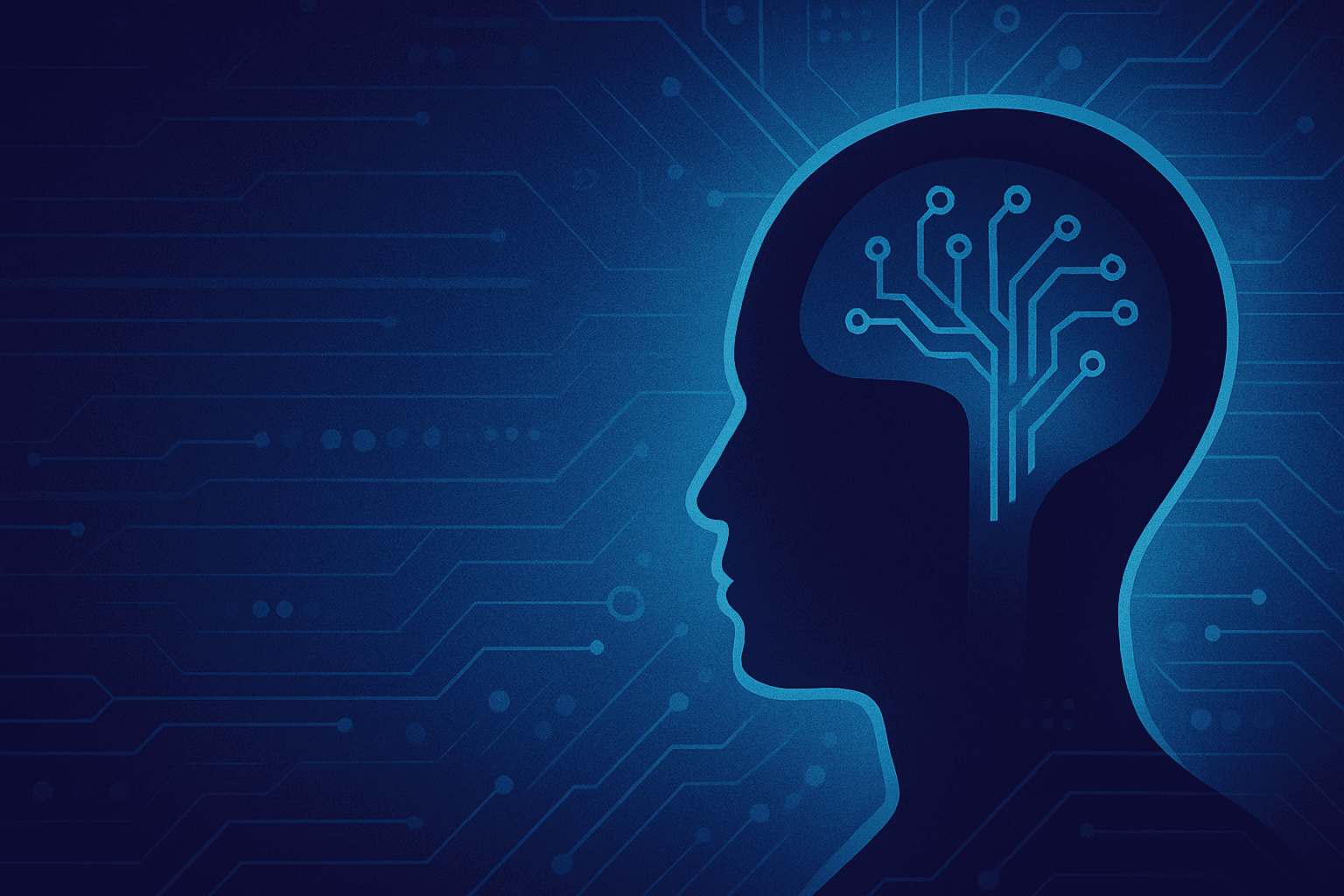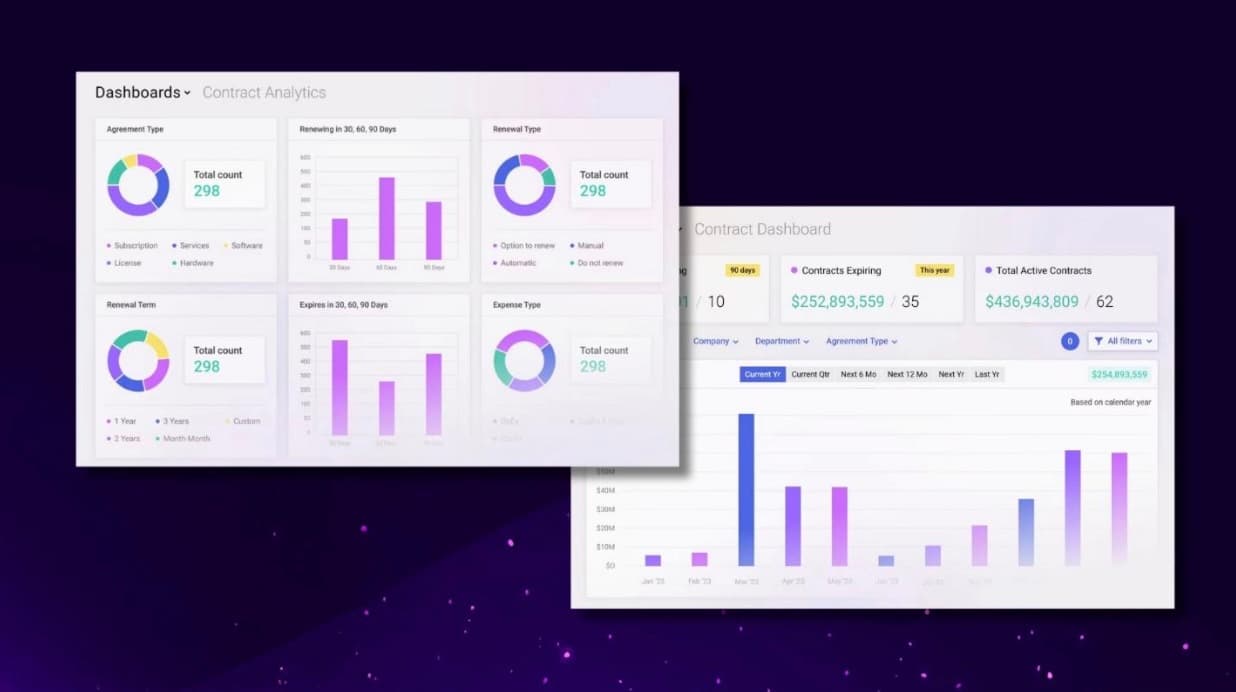AI is no longer a future concept. It’s already showing up in tools we use every day—whether we realize it or not.
For Business Analysts, that means the role isn’t disappearing—but it is shifting. Slowly, subtly, but definitely. The question is: are we adapting with it?
I’ve been reflecting on this, not as someone building AI products, but as someone trying to understand how AI is changing the work BAs do. And I think there are a few practical shifts we need to prepare for.
Start getting comfortable with data (not deep analytics)
You don’t need to be a data scientist. But you do need to understand where data comes from, what it means, and how to ask the right questions about it.
If AI tools are surfacing patterns or suggesting features, we need to be able to validate whether they make sense—and whether they’re based on sound data.
Learn how to use AI tools, not just talk about them
Many of us have tried tools like ChatGPT out of curiosity. But there’s a difference between playing with prompts and actually using these tools to speed up parts of your day.
Can they help with summarizing interviews? Spotting gaps in requirements? Drafting acceptance criteria? It’s worth testing. The goal isn’t to replace your judgment—it’s to save time so you can focus on the harder thinking.
Discovery is getting faster, context is still everything
AI can process hundreds of survey responses or feedback tickets in seconds. That’s great.
But knowing what to do with those insights still requires human judgment. If you’re a BA, your role might shift from “collecting the data” to “making sense of the patterns AI uncovers.”
That’s not less important. It’s just different.
Don’t ignore the ethical side of AI
As AI gets more embedded in our workflows, BAs will increasingly need to flag risks—like biased data, unfair outcomes, or lack of transparency in decision-making.
You don’t have to be an ethicist. But you do need to be aware.
A simple “have we considered how this impacts all users?” can go a long way.
Final thoughts
You don’t need to reinvent yourself or learn to code. But it helps to stay curious.
Learn what AI can do. Try a few tools. Understand the risks and benefits. And start thinking about where your skills, problem framing, facilitation, alignment, still matter (because they do).
The role isn’t going away. It’s just evolving. And like with every shift we’ve faced before, the people who stay open to learning will do just fine.




